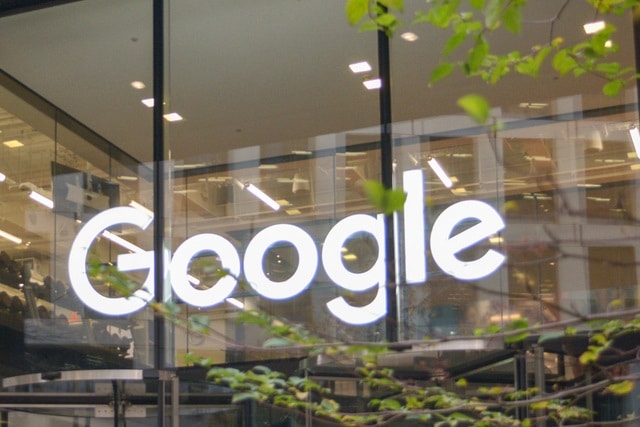Google seeks to make the web more private for Chromium users with Privacy Sandbox

Google is not a company synonymous with privacy, but the company increasingly recognizes the importance people place on it. With this in mind, it has launched a new initiative called Privacy Sandbox which aims to increase online privacy.
The bold goal is to "develop a set of open standards to fundamentally enhance privacy on the web", and one of the first proposals seeks to limit online track of users. It will limit fingerprinting, change the way targeted advertising works, and more.
See also:
- Google reveals Android Q will be called Android 10 as it undergoes an evolutionary rebrand
- Google pulls out its death hammer one again -- YouTube messaging is the next victim
- Google no longer lets you turn off status lights on Nest cameras
Google is looking to please both web users and advertisers, striking a balance that enables advertisers to reach their target audiences without infringing on the privacy of individuals. In a nod to steps taken by Apple and other companies, Google says:
Technology that publishers and advertisers use to make advertising even more relevant to people is now being used far beyond its original design intent -- to a point where some data practices don't match up to user expectations for privacy. Recently, some other browsers have attempted to address this problem, but without an agreed upon set of standards, attempts to improve user privacy are having unintended consequences.
The company points out that blocking cookies on a large scale in an attempt to improve privacy merely encourages more underhand fingerprinting tactics. But it also acknowledges that companies have a need to deliver targeted advertising and wants to discourage more "opaque" practices.
With fingerprinting, developers have found ways to learn tiny bits of information that vary between users, such as what device they have or what fonts they have installed. By combining several of these small data points together they can generate a unique identifier which can then be used to match a user across websites. Unlike cookies, users cannot clear their fingerprint, and this means that even if a user wishes not to be identified, they cannot stop the developer from doing so. We think this subversion of user choice is wrong.
One of Google's ideas is to make it possible for advertisers to identify you as a member of a group -- such as someone who likes cars -- but not to be able to cross-reference other likes to allow a personal, trackable profile to be built up. It's an ambitious project, but with such a vested interested in keeping advertisers happy, and giving internet users what they want, the company seems determined to come up with a workable solution.
Google has put together a number of explainers about potential uses for Privacy Sandbox, which you'll find over on the Chromium website.
Image credit: Willy Barton / Shutterstock
